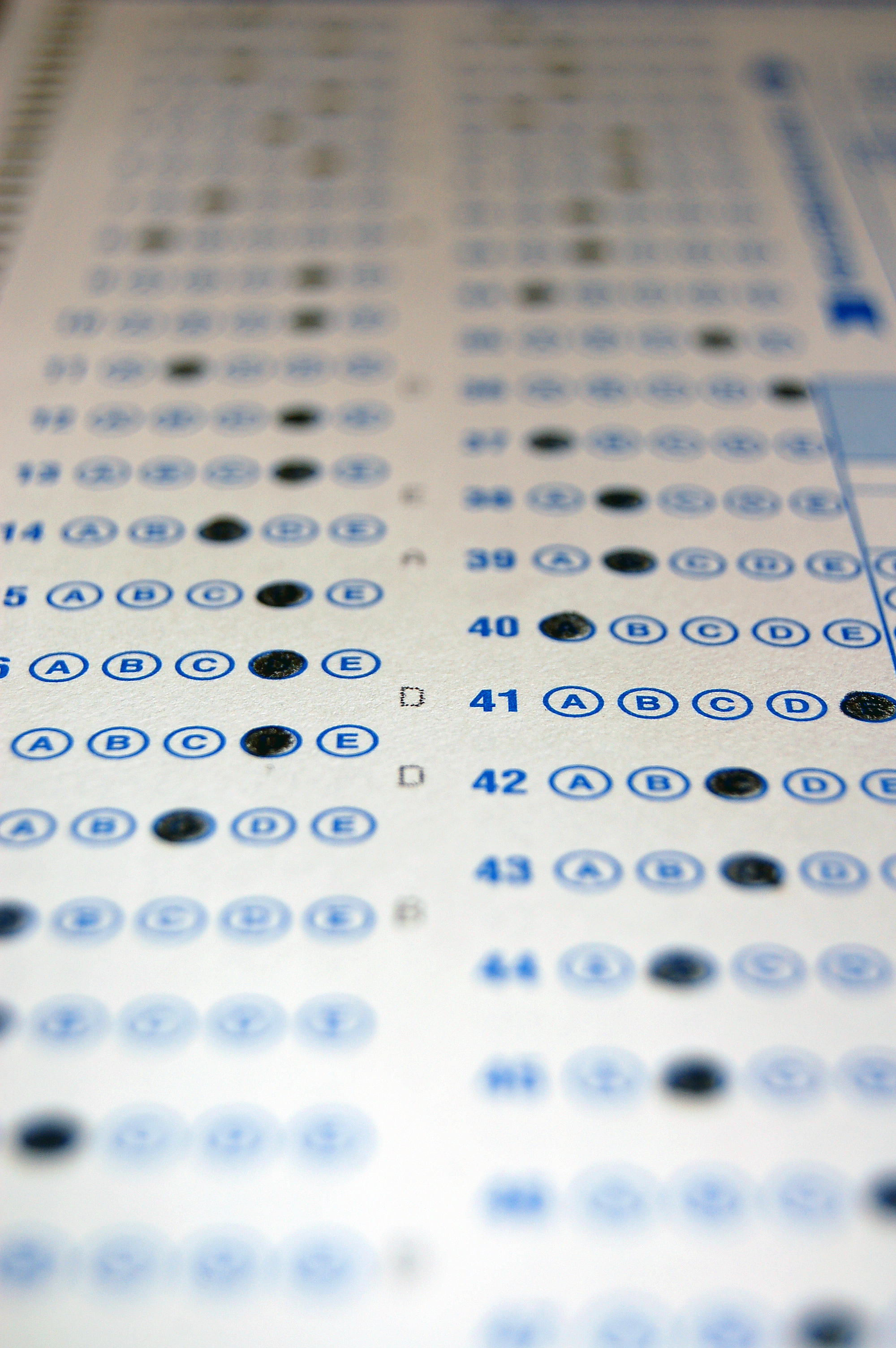[fblike]
 Here is this week’s Extemp Central news quiz. Good luck!
Here is this week’s Extemp Central news quiz. Good luck!
To access a list of all our old quizzes, click here.
1. What does Kenya’s new anti-terrorism law do?
[toggle title_open=”Close Me” title_closed=”Open Me” hide=”yes” border=”yes” style=”default” excerpt_length=”0″ read_more_text=”Read More” read_less_text=”Read Less” include_excerpt_html=”no”]The new terrorism law prohibits the publication or broadcasting of “insulting, threatening, or inciting material,” images of dead or injured people “likely to cause fear,” and information that would harm government security operations. In addition, it allows the government to hold terror suspects for 360 days, limits the number of refugees to 150,000, creates a National Counter-Terrorism Center, and those who advocate an ideology based on violence face up to 14 years in jail. Opposition groups argue that the law will be used by the sitting government of President Uhuru Kenyatta to transform the country into a dictatorship. Kenya has fighting the Somali-based al-Shabab terrorist group since 2011 when it sent soldiers into Somalia to target militants who were abducting foreigns on Kenyan soil.[/toggle]
2. Nicaragua broke ground on its canal this week. When is it expected to be completed?
[toggle title_open=”Close Me” title_closed=”Open Me” hide=”yes” border=”yes” style=”default” excerpt_length=”0″ read_more_text=”Read More” read_less_text=”Read Less” include_excerpt_html=”no”]2020. At a cost of $50 billion, the Nicaraguan Canal, being constructed by the Chinese company HKND, will be 172 miles, longer, deeper, and wider than the Panama Canal. Critics argue that it is not needed, though, and worry about its environmental impact.[/toggle]
3. At what rate has the U.S. economy grown for the entirety of 2014?
[toggle title_open=”Close Me” title_closed=”Open Me” hide=”yes” border=”yes” style=”default” excerpt_length=”0″ read_more_text=”Read More” read_less_text=”Read Less” include_excerpt_html=”no”]2.7%. This is a post-2008 financial crisis high and economists see this kind of growth as sustainable over the next few years.[/toggle]
4. Tensions between New York City Mayor Bill de Blassio and the New York City Police Department reached new heights last weekend as a result of this incident.
[toggle title_open=”Close Me” title_closed=”Open Me” hide=”yes” border=”yes” style=”default” excerpt_length=”0″ read_more_text=”Read More” read_less_text=”Read Less” include_excerpt_html=”no”]Two police officers were shot to death while sitting in their patrol car in Brooklyn. Police accuse de Blassio of failing to support them after a grand jury failed to indict officers over the death of Eric Garner.[/toggle]
5. New York Republican Congressman Michael Grimm might be forced to resign from the House due to this.
[toggle title_open=”Close Me” title_closed=”Open Me” hide=”yes” border=”yes” style=”default” excerpt_length=”0″ read_more_text=”Read More” read_less_text=”Read Less” include_excerpt_html=”no”]Grimm pled guilty to felony tax evasion on Tuesday, which stemmed from his failure to pay taxes on a New York restaurant that he used to own. He will be sentenced in June and faces thirty-six months in jail. There is no rule that does not allow felons to serve in Congress, but House Republicans may pressure Grimm to resign his seat. If he refused, the House could move to expell him, but they have only expelled five members since 1789, the last being Democratic Representative Jim Traficant in 2002.[/toggle]
6. What change has the U.S. Food and Drug Administration (FDA) recommended regarding the donation of blood?
[toggle title_open=”Close Me” title_closed=”Open Me” hide=”yes” border=”yes” style=”default” excerpt_length=”0″ read_more_text=”Read More” read_less_text=”Read Less” include_excerpt_html=”no”]The FDA has recommended that gay and bisexual men should be allowed to donate blood. Gay and bisexual men have been excluded from blood donations since the 1980s due in part to fears of spreading HIV/AIDS. The American Medical Association says that the ban is no longer necessary because of better HIV testing and human rights groups say that existing policies that allow for blood donation discrimination reinforce negative stereotypes.[/toggle]
7. Palestinian President Mahmoud Abbas said that he will do this if the United Nations Security Council fails to pass a resolution mandating an Israeli withdrawal from the West Bank and East Jerusalem.
[toggle title_open=”Close Me” title_closed=”Open Me” hide=”yes” border=”yes” style=”default” excerpt_length=”0″ read_more_text=”Read More” read_less_text=”Read Less” include_excerpt_html=”no”]Abbas has threatened to cut off ties with Israel. This would force Israel to act alone in its territorial holdings in the West Bank and East Jerusalem, which Palestinians argue belong to them in a future two state solution.[/toggle]
8. Who is the new Greek president?
[toggle title_open=”Close Me” title_closed=”Open Me” hide=”yes” border=”yes” style=”default” excerpt_length=”0″ read_more_text=”Read More” read_less_text=”Read Less” include_excerpt_html=”no”]This is actually a trick question (c’mon we have to use at least one in 2014). The Greek parliament has failed in two rounds of voting to elect a new president for the country. It will hold a third and final round of voting on December 29. If a candidate fails to win the necessary two-thirds, new parliamentary elections must be held, which could result in the election of a far-left government that opposes austerity measures.[/toggle]
9. Earlier this week, Ukraine took one more step toward becoming a member of the North Atlantic Treaty Organization (NATO). What did it do?
[toggle title_open=”Close Me” title_closed=”Open Me” hide=”yes” border=”yes” style=”default” excerpt_length=”0″ read_more_text=”Read More” read_less_text=”Read Less” include_excerpt_html=”no”]The Ukrainian parliament cancelled the country’s official non-aligned status. While the move offers another step toward NATO membership, Ukrainian President Petro Poroshenko has stated that if Ukraine does join NATO that it will be after the Ukrainian people hold a referendum on the issue. Critics argue that the vote was inflammatory as the Ukrainian government will hold new talks with eastern rebels.[/toggle]
10. When did the U.S. begin its embargo on Cuba?
[toggle title_open=”Close Me” title_closed=”Open Me” hide=”yes” border=”yes” style=”default” excerpt_length=”0″ read_more_text=”Read More” read_less_text=”Read Less” include_excerpt_html=”no”]1960. The embargo began in an attempt to undermine the communist regime of Fidel Castro. Initially, it dealt with limits on the shipment of American agricultural goods to Cuba and grew throughout the 1960s to include a travel ban, a limit on remittances, and a prohibition on most exports to the country. President Obama announced last week that he will take executive action to loosen the embargo restrictions.[/toggle]

